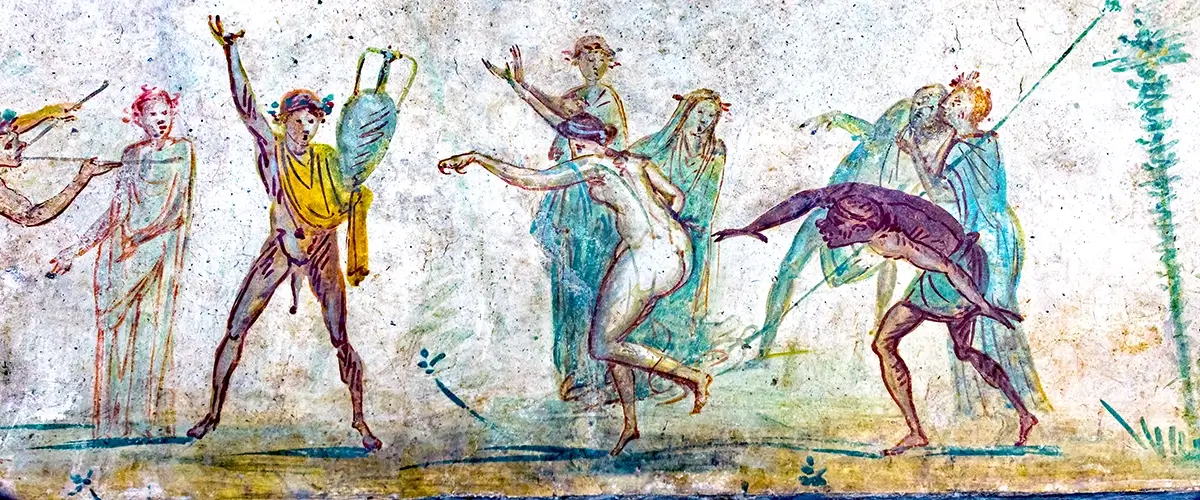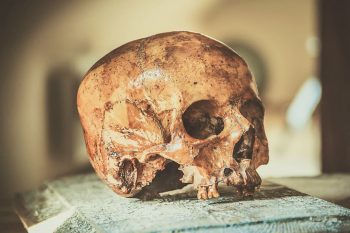What does Mythology mean?
Mythology refers to a collection of myths, or stories, that are central to the beliefs, religion, and culture of a particular society. These stories often involve gods, goddesses, heroes, and supernatural beings and serve to explain natural phenomena, the origins of the world, and the customs and traditions of a culture. Mythology can also be seen as a way for people to understand the world around them and to give meaning to their experiences and beliefs. Mythologies from different cultures often have similarities and can provide insights into the universal human experiences of death, love, and power.
Brief history of mythology
The history of mythology is as old as human civilisation itself and spans across different cultures and continents. The earliest known mythologies come from ancient civilisations such as the Sumerians, Egyptians, and Hindus, who developed complex systems of gods and goddesses to explain natural phenomena and events.
As civilisations expanded and interacted with one another, their mythologies also influenced and blended with each other. For example, the ancient Greeks adopted and adapted many of the gods and stories of the earlier civilisations of the Near East. The Roman Empire also absorbed and adapted the Greek pantheon of gods, giving them Roman names and attributes.
In the Middle Ages, mythology was often used as a tool for storytelling and to convey moral and religious lessons. During the Renaissance, there was a revival of interest in classical mythology, which led to a renewed appreciation for the myths of ancient Greece and Rome.
What are some of the well-known myths?
Listed below are just a few of the many well-known myths from different cultures and civilisations. Each of these mythologies continues to influence modern art, literature, and popular culture and provide a window into the beliefs and values of the cultures that created them.
Greek Mythology
The myths of ancient Greece are some of the most well-known and enduring in the Western world. These myths include the stories of the gods and goddesses on Mount Olympus, such as Zeus, Hera, and Aphrodite, as well as the adventures of heroes like Hercules, Achilles, and Odysseus.
— Read more: Greek Mythology
Norse Mythology
The myths of the ancient Vikings and Scandinavians, known as Norse mythology, tell the stories of the gods and goddesses of Asgard, such as Odin, Thor, and Freyja, as well as the epic battle at Ragnarok between the gods and the giants.
Egyptian Mythology
The myths of ancient Egypt tell the stories of the gods and goddesses of the Nile, such as Ra, Horus, and Isis, as well as the journey of the soul after death and the creation of the world.
Hindu Mythology
The myths of Hinduism, one of the oldest religions in the world, tell the stories of the gods and goddesses of the Hindu pantheon, such as Brahma, Vishnu, and Shiva, as well as the cycle of reincarnation and the path to enlightenment.
Chinese Mythology
The myths of ancient China tell the stories of the gods and goddesses of Chinese folklore, such as the Jade Emperor, the Dragon King, and the god of wealth, as well as the creation of the world and the first humans.
Mythology in the modern times
Mythology continues to play an important role in modern times, even though many people no longer believe in the literal truth of the myths. In many ways, modern mythologies have evolved and taken on new forms, but they still serve similar purposes as their ancient counterparts.
One way that mythology continues to influence modern society is through the use of mythological themes, characters, and archetypes in literature, film, and popular culture. For example, many modern works of fiction, such as J.R.R. Tolkien’s “The Lord of the Rings” and George R.R. Martin’s “A Song of Ice and Fire,” draw heavily on the themes and archetypes of ancient mythologies. Many superhero movies and comic books also draw on classical myths and feature characters with god-like powers and epic adventures.
Another way that mythology continues to be relevant is through the study of comparative mythology, which seeks to understand the similarities and differences between the mythologies of different cultures. This field of study can provide insights into universal human experiences and beliefs.
Some modern spiritual and religious movements have also drawn on and reinterpreted ancient mythologies. For example, some neo-pagan and Wiccan traditions incorporate elements of classical myths and deities into their belief systems.

